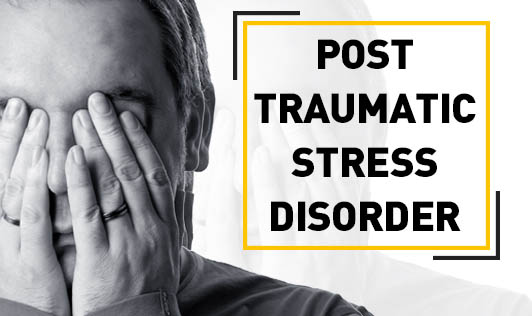Post-Traumatic Stress Disorder
- 59 months ago
PTSD is a more serious type of stress that can negatively affect your baby. PTSD occurs when you have problems after seeing or going through a painful event, such as rape, abuse, a natural disaster, or the death of a loved one.
You may experience:
- Anxiety
- Flashbacks and upsetting memories
- Nightmares
- Strong physical reactions to situations, people, or things that remind you of the event
- Avoidance of places, activities, and people you once enjoyed
- Feeling more aware of things
- Guilt
PTSD occurs in as many as 8% of women during pregnancy, increasing their infant’s risk of preterm birth or low birth weight. PTSD also increases the risk for behaviors such as smoking and drinking, which contribute to other problems.
Reducing stress is important for preventing problems during your pregnancy and for reducing your risk for health problems that may affect your developing child. Identify the source of your stress and take steps to remove it or lessen it. Make sure you get enough exercise (under a doctor’s supervision), eat healthy foods, and get lots of sleep.
When to seek help?
It's quite common to have an extensive range of emotions and feelings after a traumatic event. One may experience anxiety, fear, sadness changes in sleep patterns and eating habits or even crying spells. Sometimes, one may relive the traumatic event or have nightmares. This does not mean that he or she has PTSD. If a person has such disturbing feelings and thoughts for more than a month and they get troublesome, contact your doctor immediately. By getting professional help at the earliest, one may prevent the PTSD symptoms from getting worse.
If you think you may be depressed, talk to your health care provider. Getting treatment and counseling can help.




